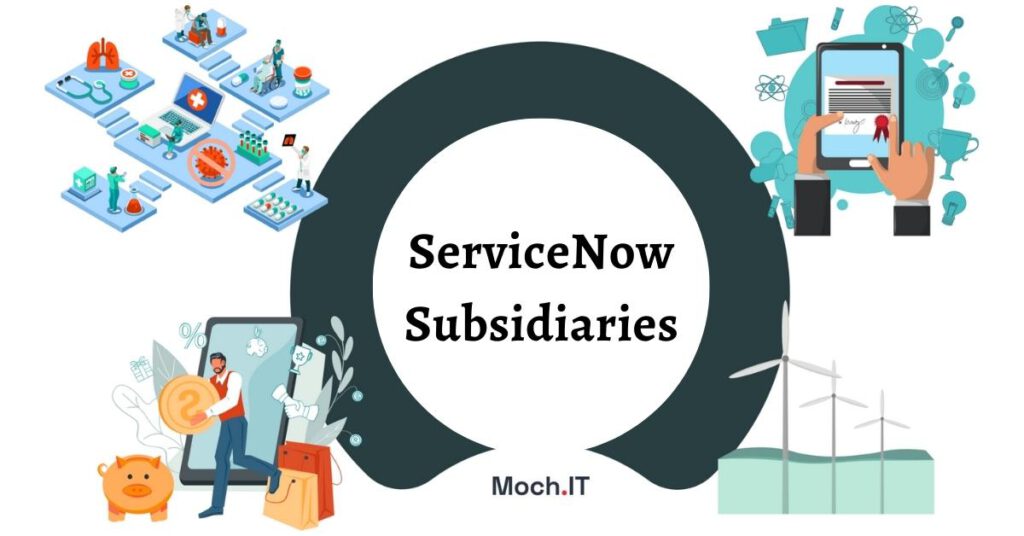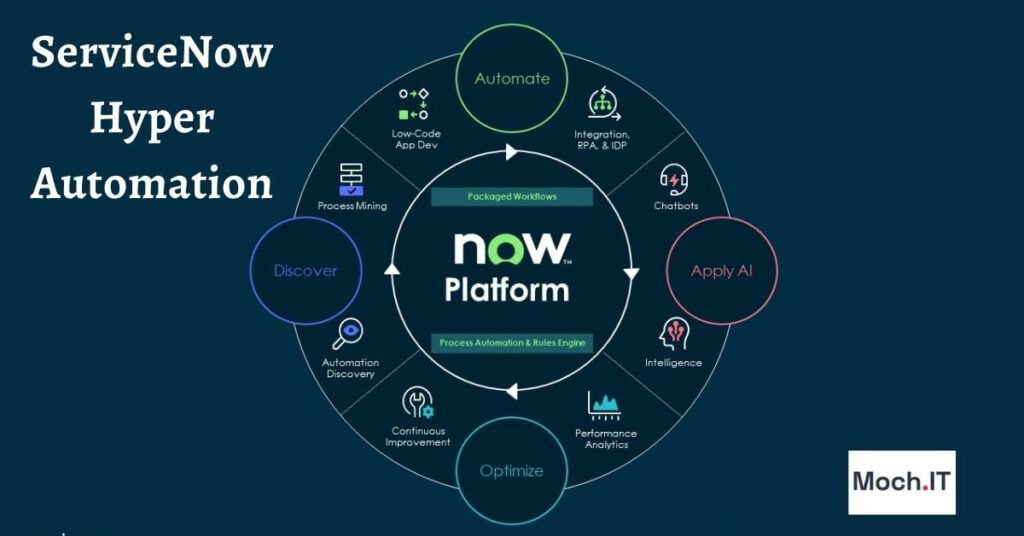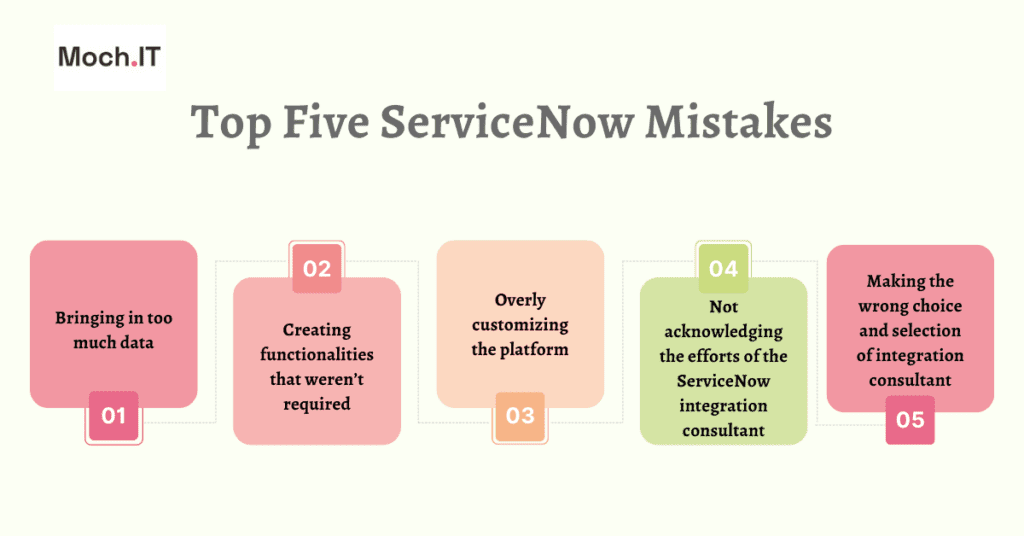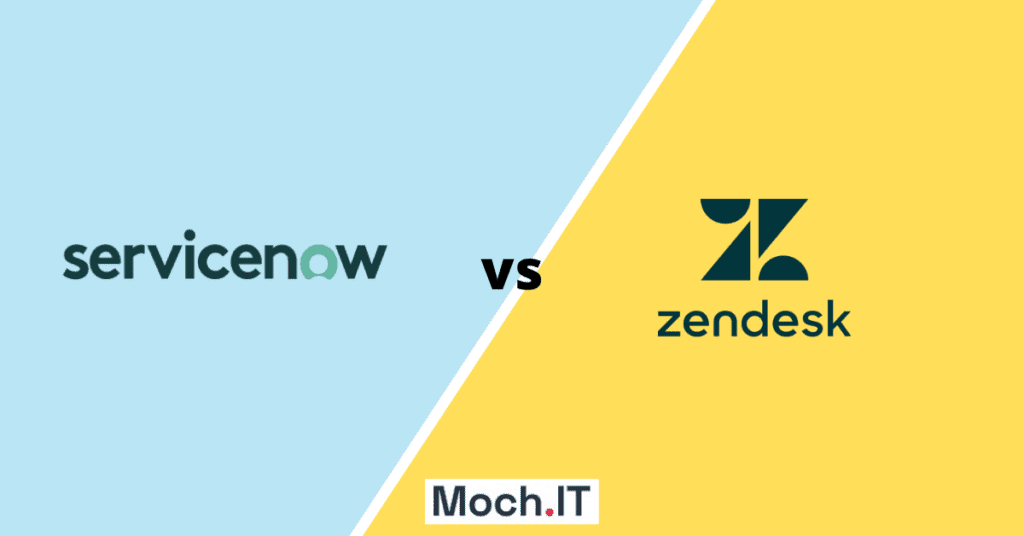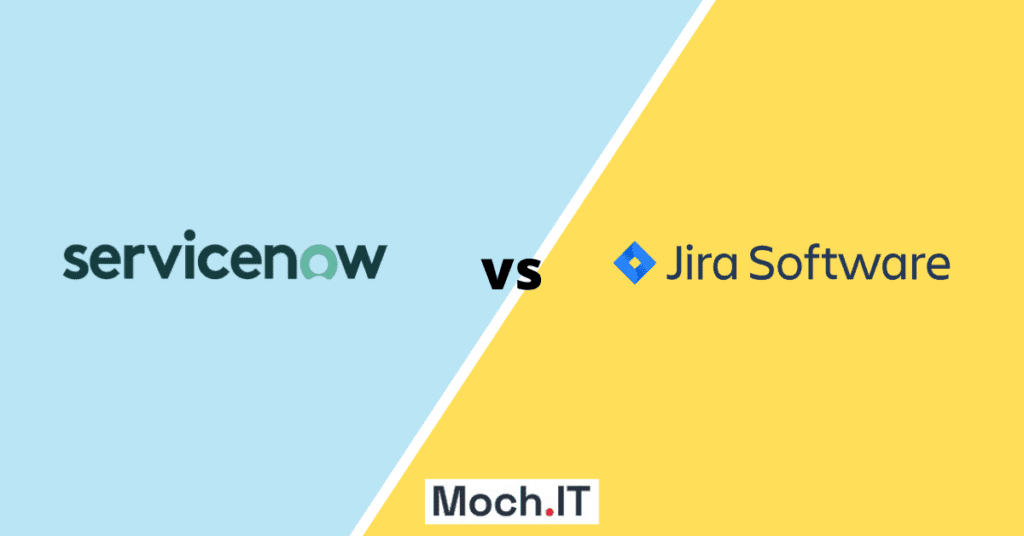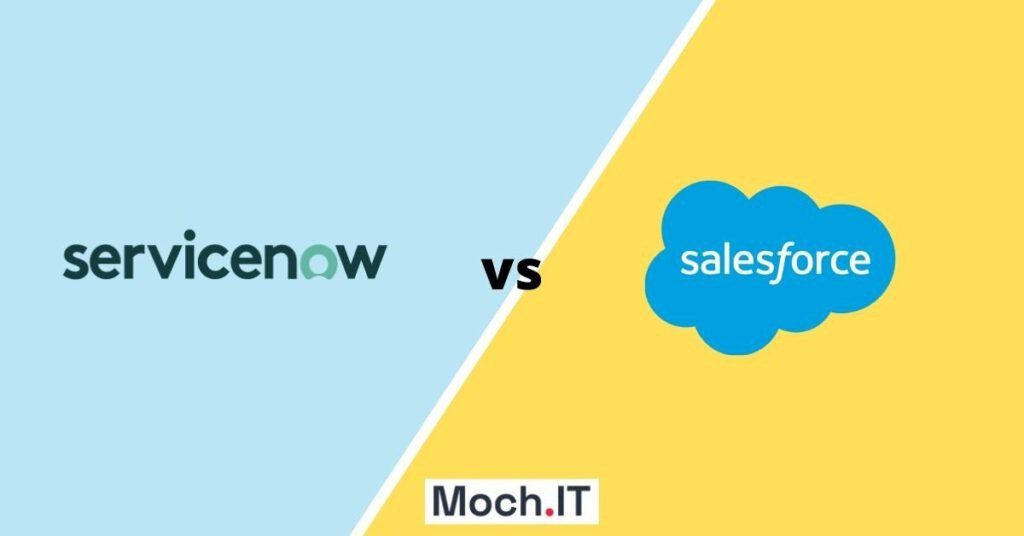Do you need help deciding which ServiceNow platform is right for your business needs? With so many options available, it can be overwhelming to choose between IT Service Management (ITSM) and Customer Service Management (CSM). Both platforms offer unique features and benefits, but which one is the best fit for your organization? In this blog post, we’ll explore the differences between ServiceNow ITSM and CSM, as well as the advantages of using CSM. By the end of this article, you’ll have a better understanding of which option to choose for optimal results in managing your customer service.
What is CSM in ServiceNow?
CSM, or Customer Service Management, is a platform offered by ServiceNow that focuses on improving and streamlining customer service processes. It provides businesses with a comprehensive solution for managing customer interactions across multiple channels, including email, chat, social media, and phone.
One of the main features of CSM is its ability to automate workflows and tasks related to customer service. This allows companies to respond more quickly to inquiries and provide customers with faster resolutions. Additionally, CSM offers self-service options that enable customers to access information easily without having to contact support.
With CSM’s analytics capabilities, businesses can gain insights into their performance metrics such as response times and satisfaction rates. This data helps organizations identify areas where they need improvement in providing better customer experiences.
Using CSM in ServiceNow can help organizations improve customer satisfaction levels while reducing costs associated with manual processes. With its advanced automation tools and reporting capabilities geared towards optimizing interactions between business teams and customers at every touchpoint – it has become an essential tool for any organization looking to compete effectively in today’s market.
ServiceNow ITSM vs. CSM: Which Module Is Right for Your Business?
Using CSM ServiceNow can bring many benefits to your organization, such as:
- Streamlining customer service processes to improve the overall customer experience.
- Providing various tools available, including self-service portals and automated workflows, enables customers to quickly access the information they need without having to wait for a representative.
- Allowing for better communication between departments within your organization leads to quicker problem resolution and more efficient collaboration on complex issues.
- Providing valuable insights through analytics and reporting features, allowing you to track real-time metrics such as response times and customer satisfaction ratings, and make data-driven decisions that improve performance.
- Investing in CSM ServiceNow to improve the quality of support provided to customers while optimizing internal processes.
- Providing a modern solution for organizations looking to stay competitive in today’s business landscape by providing exceptional customer service experiences.
What is the difference between ServiceNow ITSM and CSM?
ServiceNow ITSM and CSM are two different modules within the ServiceNow platform, designed to cater to distinct business needs. While ITSM focuses on managing and optimizing IT services across an organization, CSM is tailored toward delivering exceptional customer service experiences.
ITSM includes functionalities such as incident management, problem management, change management, asset management, and configuration management. On the other hand, CSM offers features like case management, workflows for handling customer inquiries or complaints, and self-service portals for customers to request services or report issues.
The primary difference between these two modules lies in their purpose. ITSM is meant to streamline internal processes relating to technology delivery while ensuring that all stakeholders have access to relevant information throughout the process. In contrast, CSM aims to provide a seamless customer experience by addressing queries quickly and efficiently.
While both modules share some similarities regarding reporting capabilities and analytics tools available within the ServiceNow platform, they are geared toward different audiences with unique requirements. Choosing one over the other depends entirely on your organizational goals and priorities.
Itsm Tool ServiceNow
ServiceNow ITSM and CSM are powerful tools that help organizations streamline their operations and provide better customer service. While ITSM is focused on managing IT services within an organization, CSM is all about providing a seamless customer experience.
CSM may be the way to go if you’re looking to improve your customer service operations specifically. However, if you need a tool to manage your entire IT infrastructure along with other services within your organization, then ServiceNow ITSM might be the better choice.
Ultimately, it comes down to what kind of business you have and what specific needs you’re trying to address. Regardless of which one you choose, implementing either ServiceNow ITSM or CSM can greatly benefit your organization by improving efficiency and delivering better customer results.
Factors to Consider When Choosing Between ServiceNow ITSM and CSM
One important consideration when choosing between ServiceNow ITSM and CSM is the level of customization and flexibility required for your organization. ITSM offers a wide range of customization options, allowing businesses to tailor the platform to their specific needs. This is particularly important for companies with complex IT infrastructures or unique business processes that require a high degree of customization.
On the other hand, CSM is designed to be more user-friendly and accessible, with pre-built workflows and templates that can be easily customized to fit your business needs. This makes it a good option for businesses that want to quickly implement a customer service solution without the need for extensive customization.
Another factor to consider is the level of integration required with other systems and tools within your organization. ITSM is highly integratable with other ServiceNow modules, as well as third-party applications and systems. This makes it a good choice for businesses that want to integrate their IT service management with other business processes.
CSM, on the other hand, is more focused on integrating with customer-facing tools and channels, such as social media platforms, chatbots, and email. This makes it a good option for businesses that want to provide a seamless customer experience across multiple channels.
Ultimately, the choice between ServiceNow ITSM and CSM depends on your organization’s specific needs and priorities. By considering factors such as customization requirements, level of integration, and the need for customer-facing tools and workflows, you can make an informed decision that meets your business needs.
Why Choose CSM?
ServiceNow’s Customer Service Management (CSM) is a powerful tool that allows organizations to easily handle customer interactions and issues. CSM allows businesses to manage customer inquiries, complaints, and support requests through various channels such as phone, email, chatbots or social media platforms.
- CSM offers a personalized experience for each customer by allowing businesses to create workflows tailored to specific customers based on their preferences or past interactions.
- CSM helps improve overall efficiency by streamlining work processes and reducing response times, enabling agents to resolve issues more quickly and leading to higher customer satisfaction.
- CSM provides valuable insights into customer behavior patterns, helping organizations understand how they can better serve their client’s needs and identify problem areas for necessary changes.
- Implementing ServiceNow’s Customer Service Management enables businesses to stay competitive in today’s rapidly changing marketplace, where customers expect immediate responses across all communication channels available.
Choosing ServiceNow’s CSM solution over ITSM will provide your organization with efficient workflows coupled with advanced analytics plus improved collaboration between teams resulting in exceptional service delivery every time.


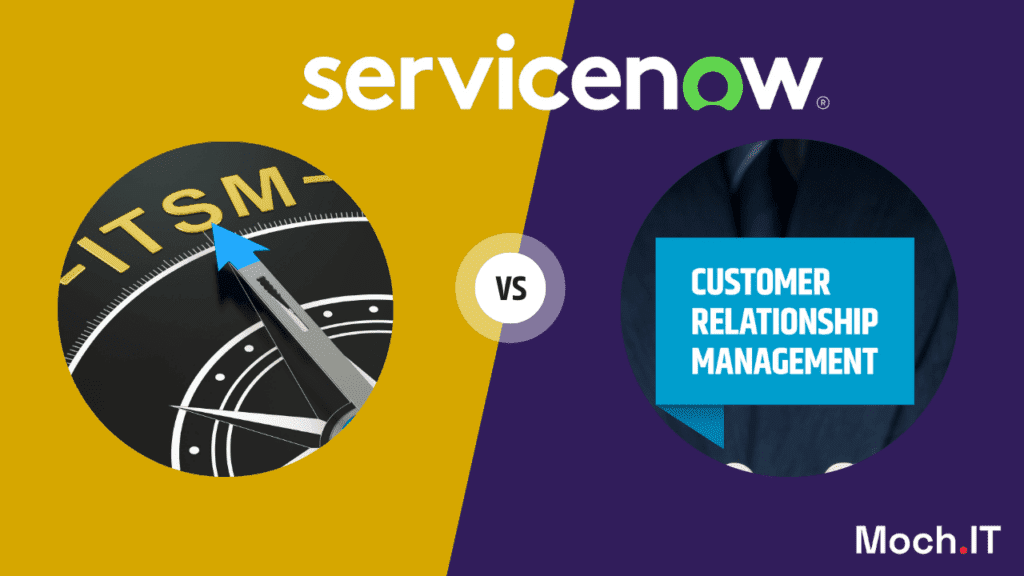
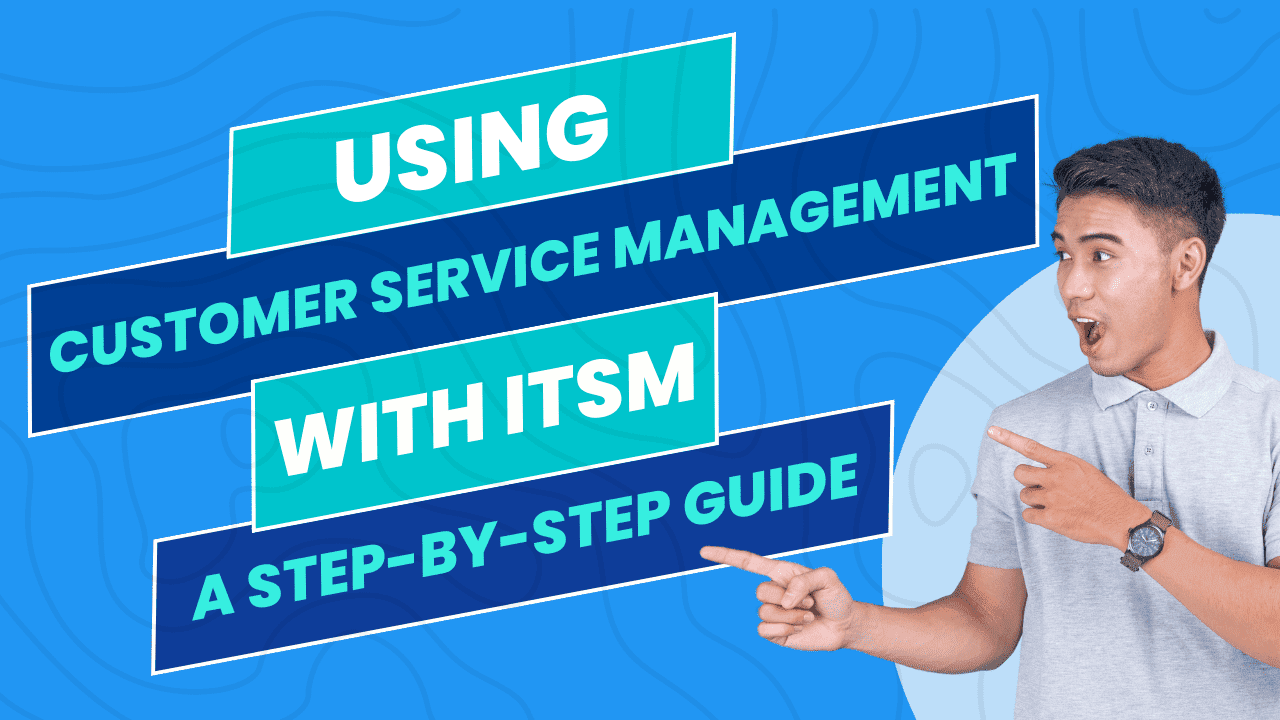

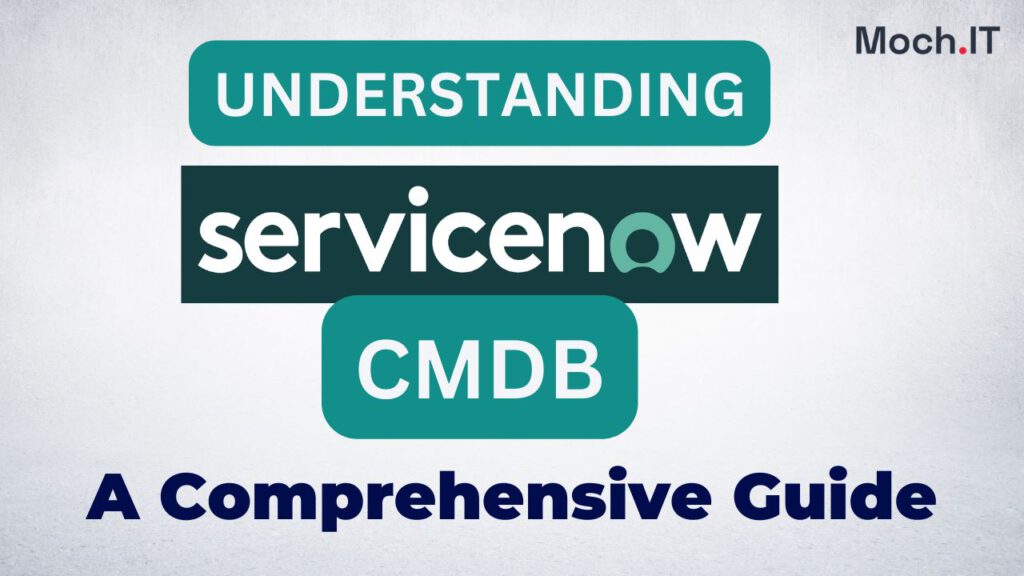
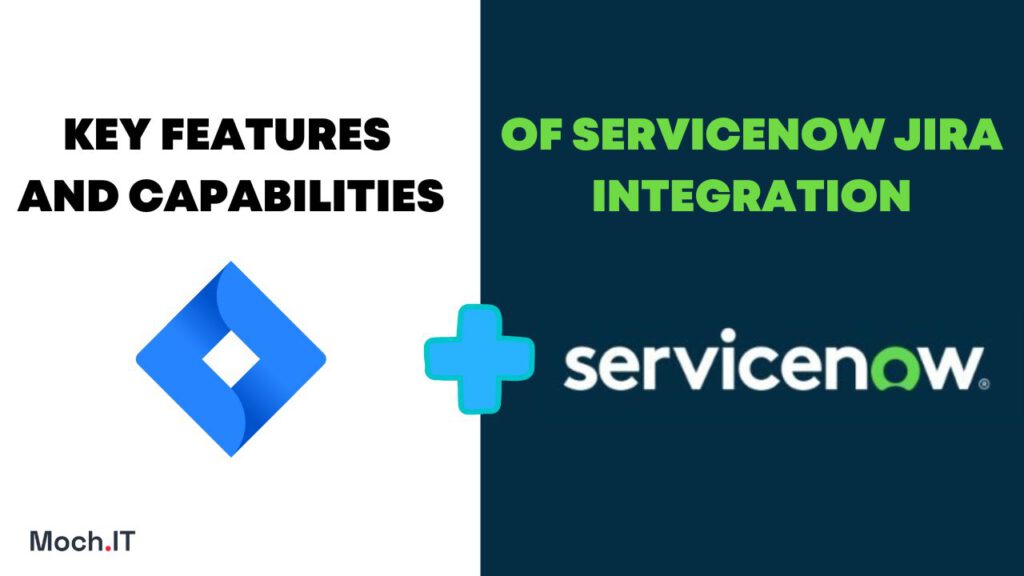


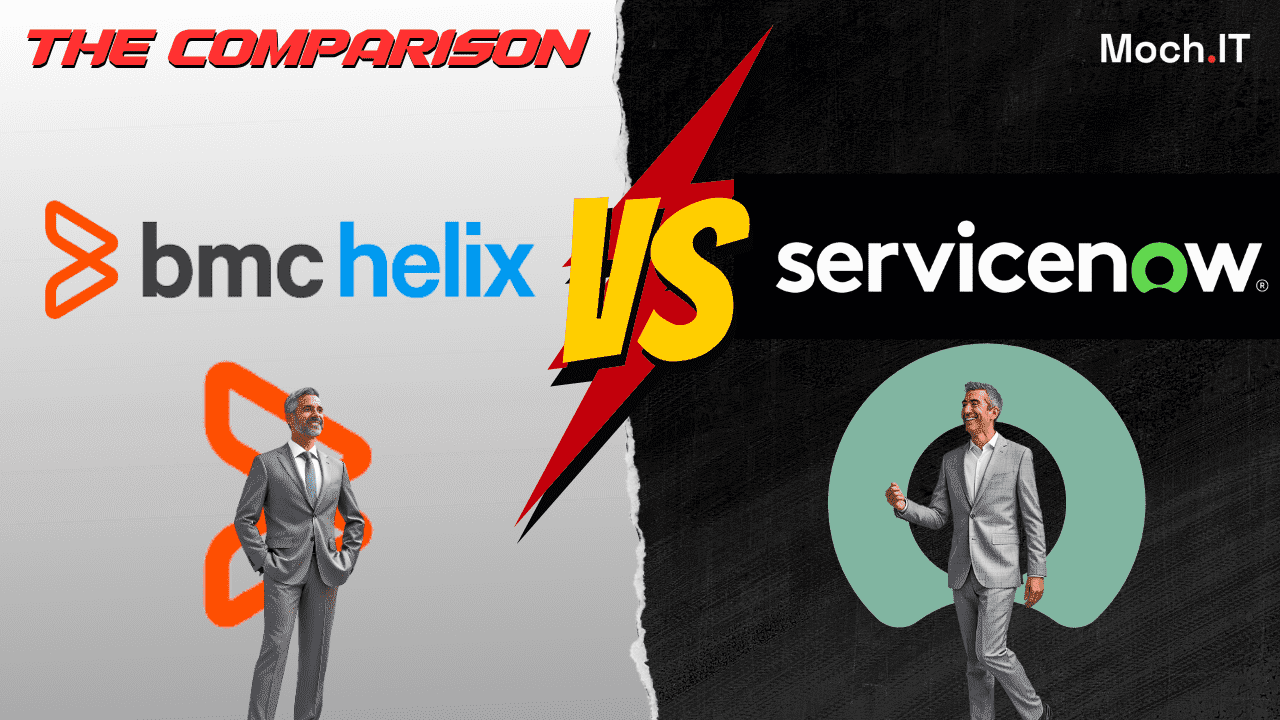
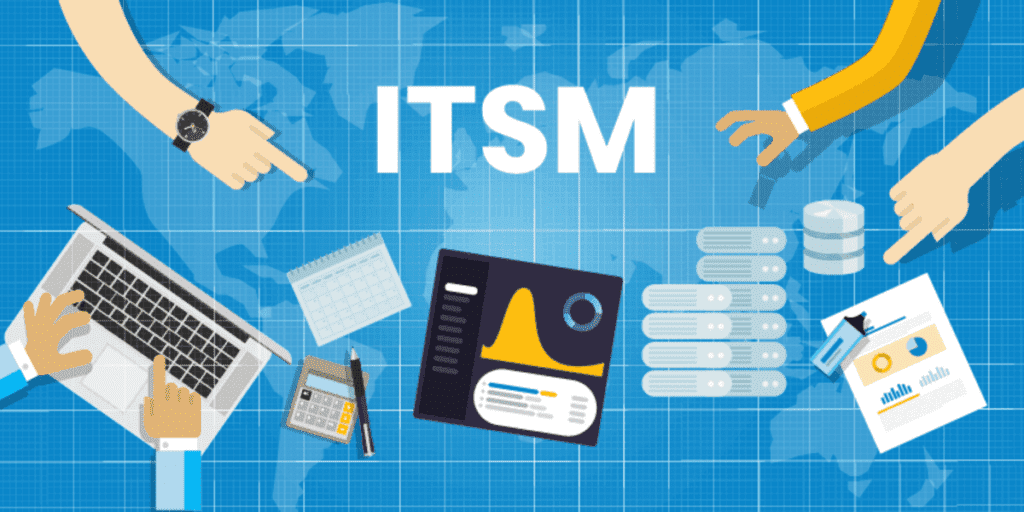

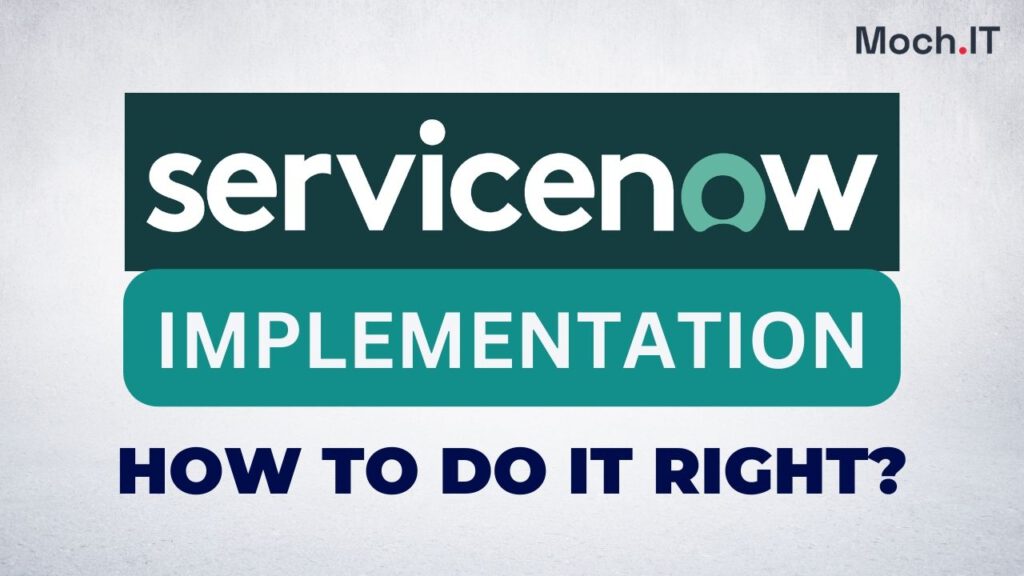

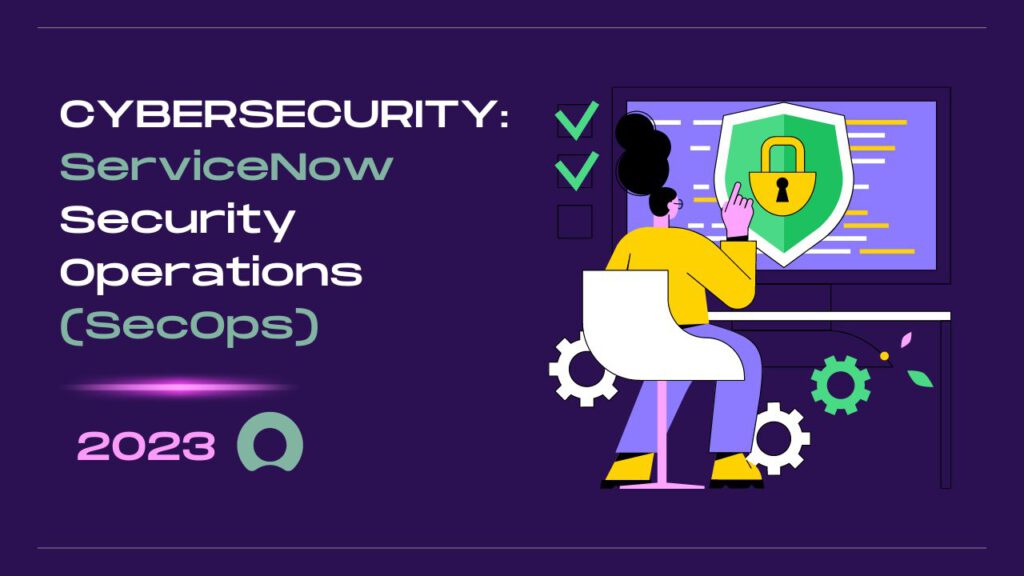
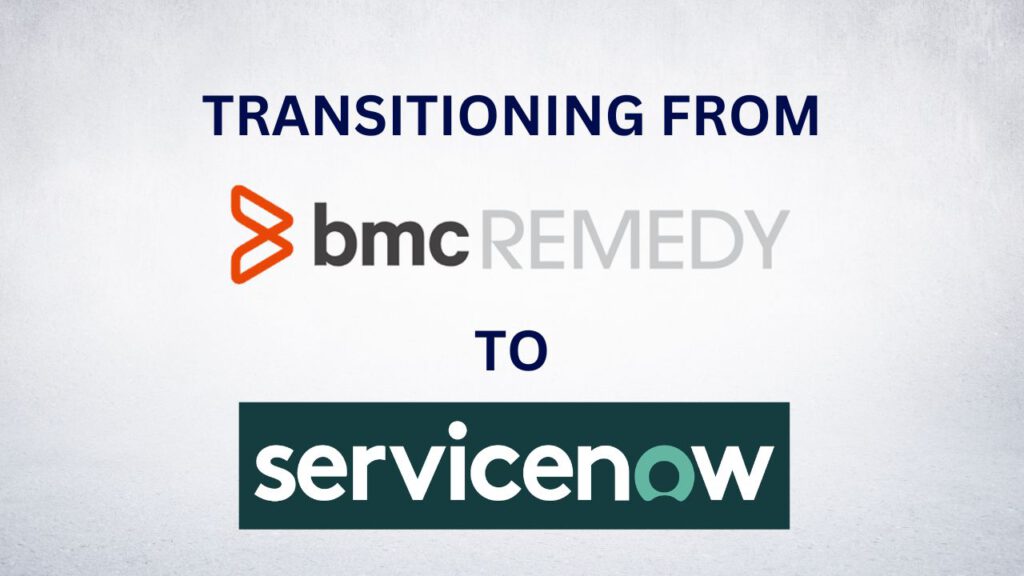
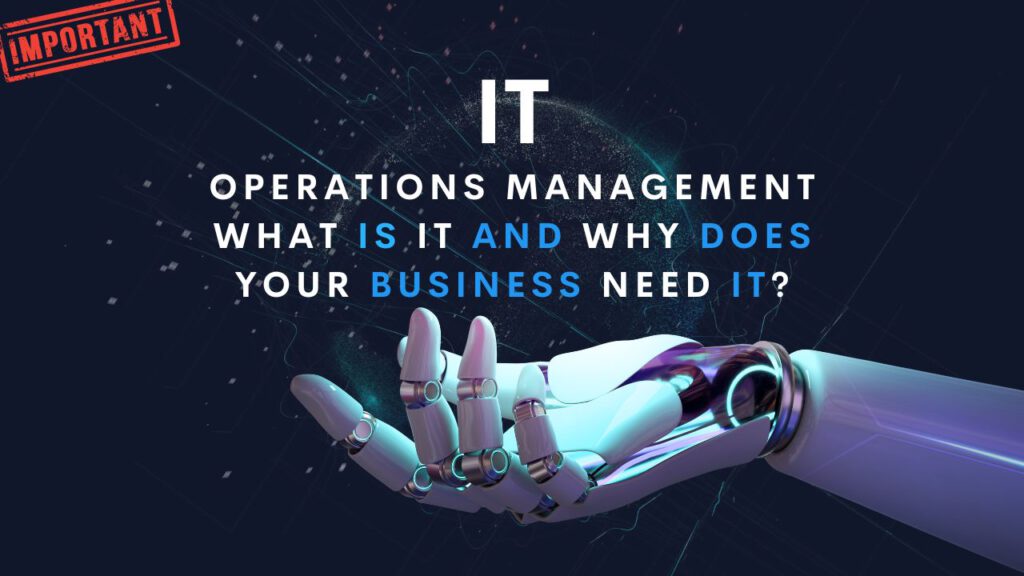
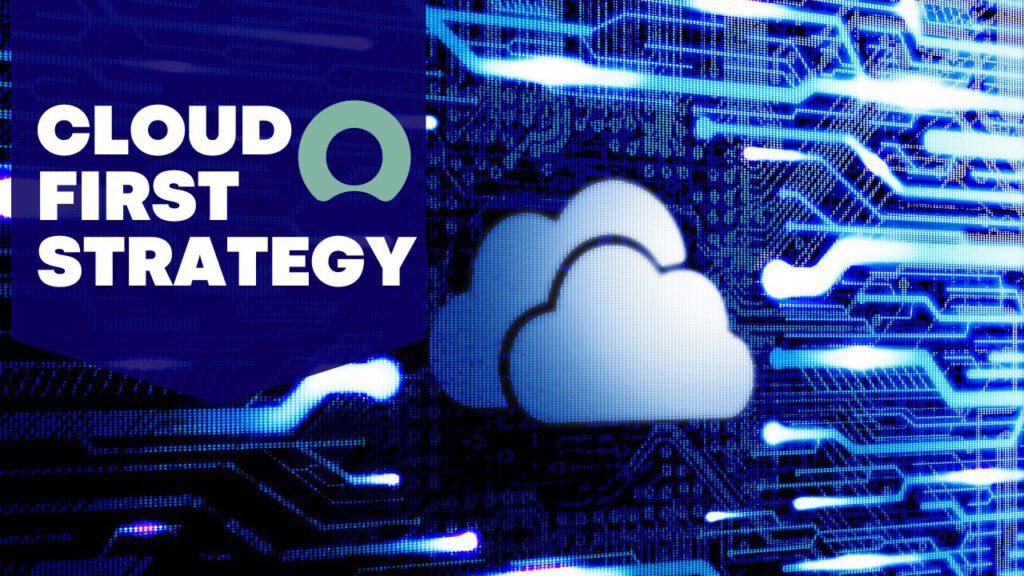

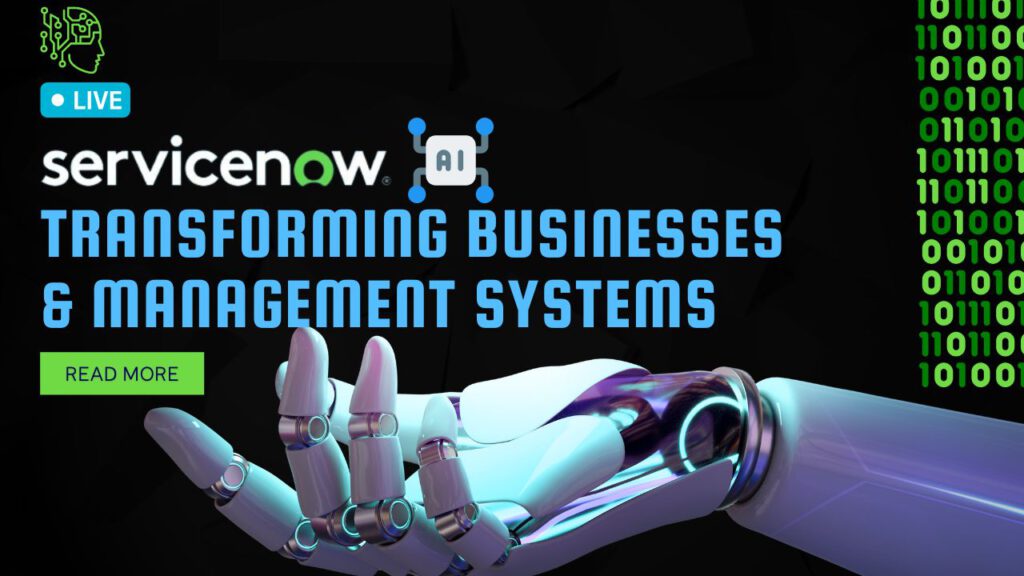
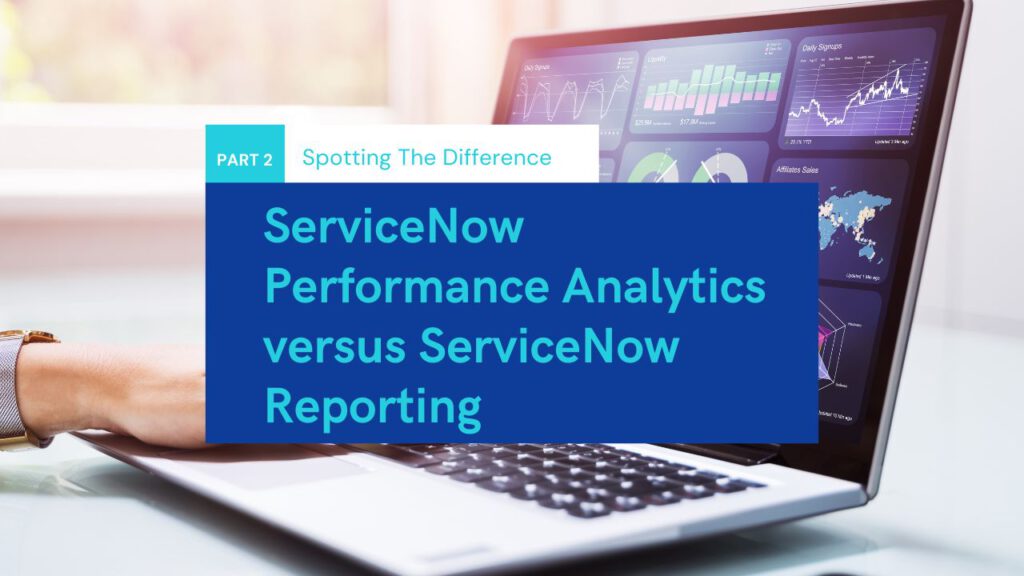

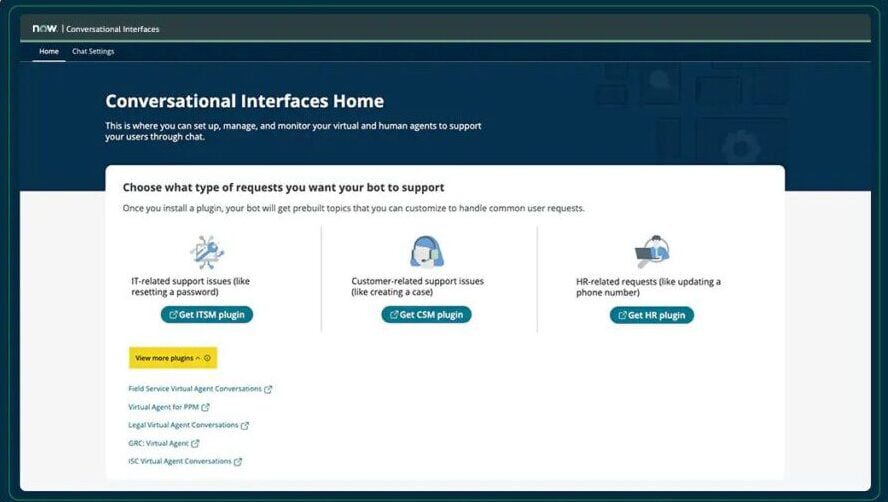
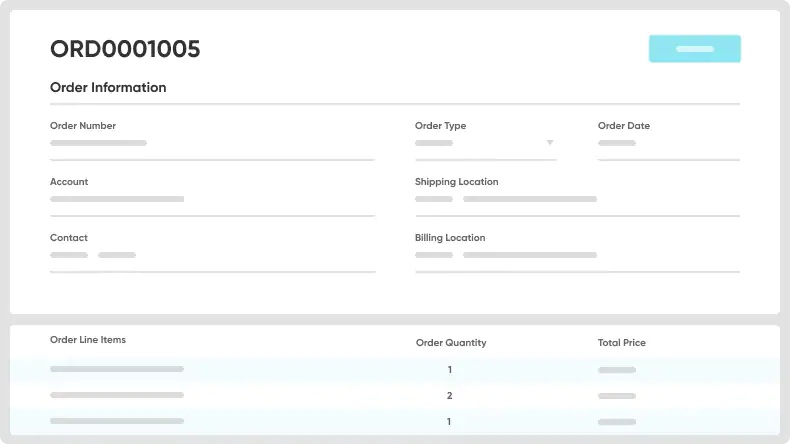
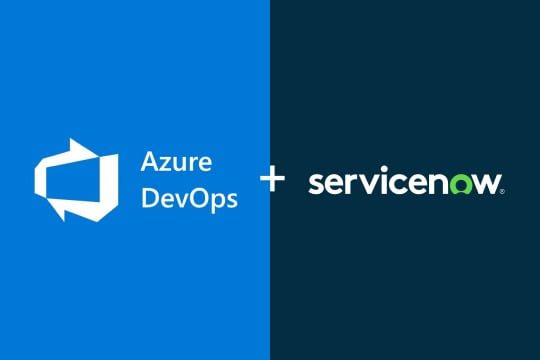
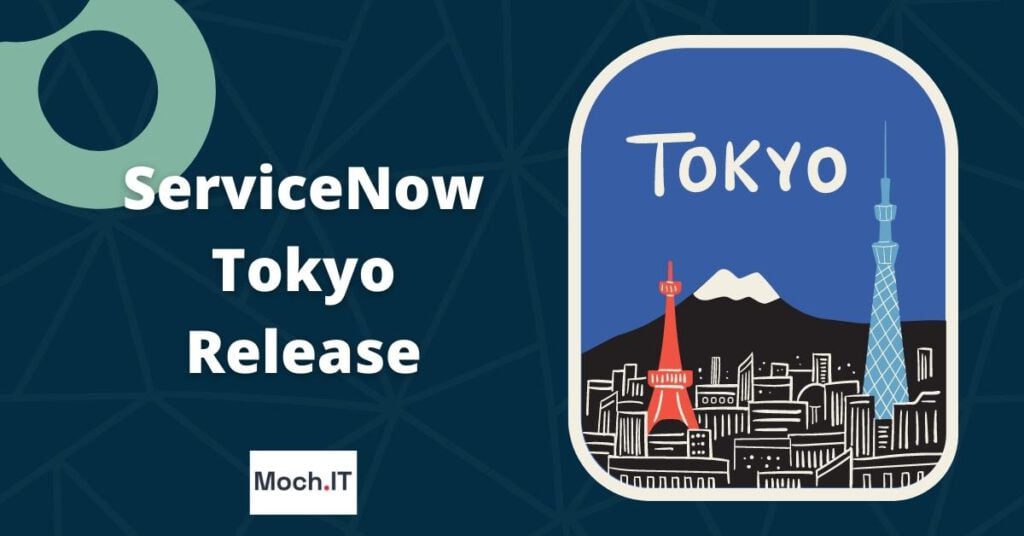
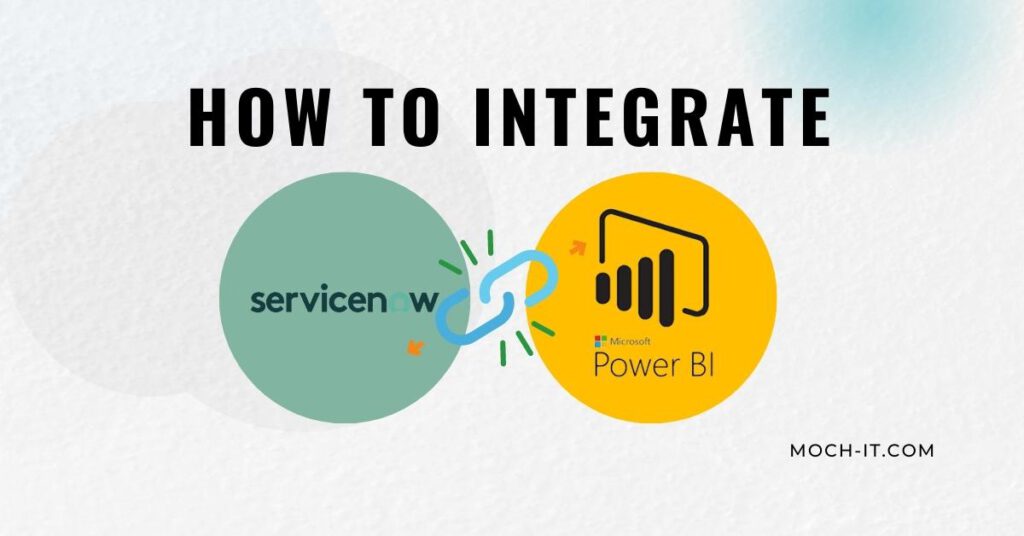
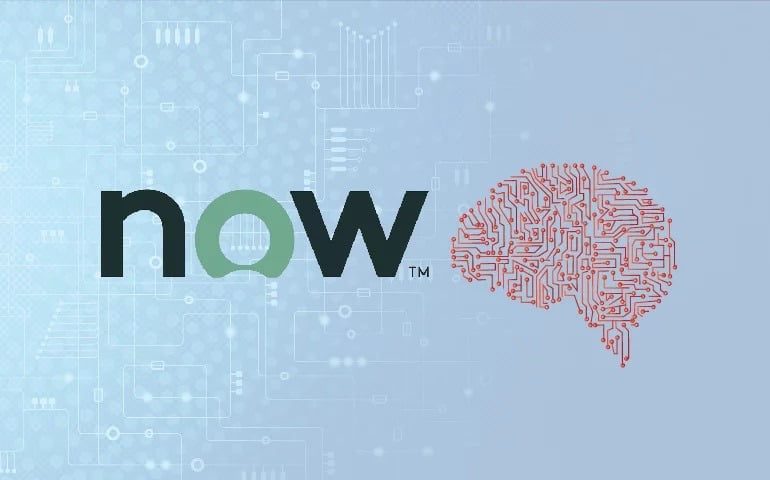
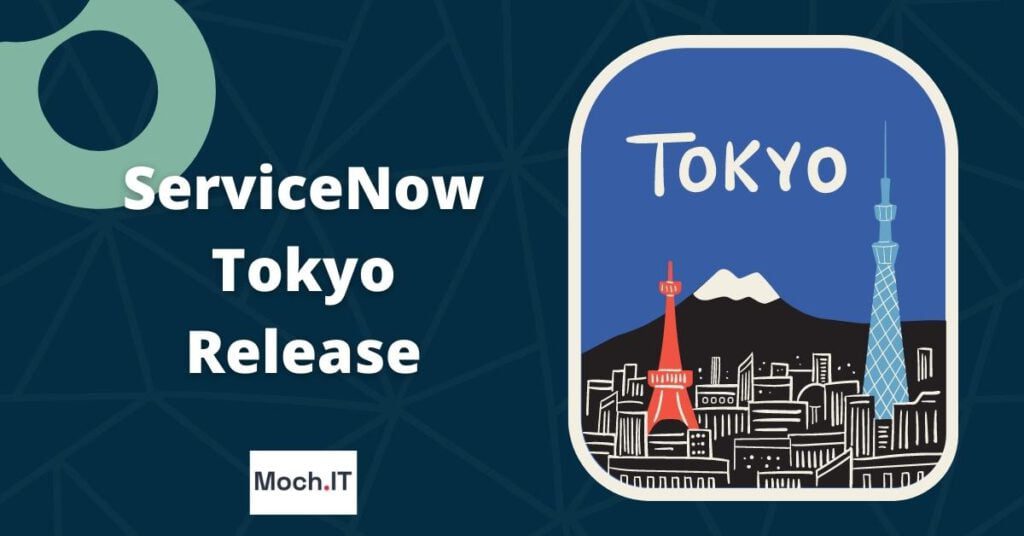

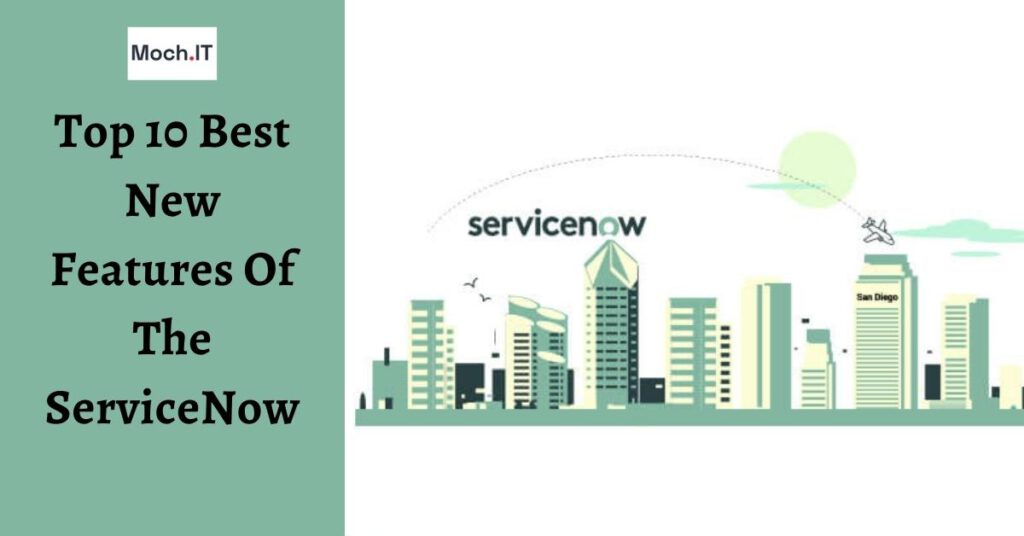
![Servicenow Latest Version: [ A Guide ]](https://moch-it.com/wp-content/plugins/phastpress/phast.php/c2VydmljZT1pbWFnZXMmc3JjPWh0dHBzJTNBJTJGJTJGbW9jaC1pdC5jb20lMkZ3cC1jb250ZW50JTJGdXBsb2FkcyUyRjIwMjIlMkYwOSUyRlNlcnZpY2Vub3ctTGF0ZXN0LVZlcnNpb24tMTAyNHg1MzYtMS5qcGcmY2FjaGVNYXJrZXI9MTczNDUwOTUyMy0zNjI1NCZ0b2tlbj1hYzI0Y2NlMThkNzRlODBm.q.jpg)
